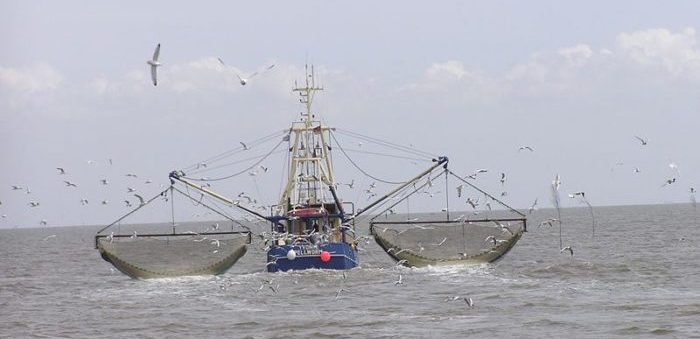The UK government issued a White Paper over the summer charting the government’s course for sustainably managing fisheries after Brexit and launched the Fisheries Bill on 25 October. Responding to the Bill, Mark Simmonds from the British Ports Association noted that Brexit is an unprecedented opportunity to take a fresh look at how UK communities benefit from this valuable resource.
This Bill should be strengthening the economic link between our fisheries and our ports and coastal communities; there is currently no requirement for boats registered in the UK to land any fish caught in our waters in the UK. As a result, 40% of UK quota is landed in abroad in Europe, where much of the economic value is realised…We believe that either all, or the vast majority of, catch from UK fisheries should be landed into UK ports. Ports are hubs of local and regional economies and the foundation of the fisheries and wider marine industry, yet our own research has found that many fishing ports struggle to operate commercially on income from fishing alone. This is a prime opportunity to put that right. We will work with UK parliamentarians over the coming months to amend this Bill so that UK coastal communities are placed at the heart of our fisheries policy.
Responding to the publication of the document on 4 July, Mr. Simmonds stressed at that time that the paper should have more focus on ports and infrastructure, noting that these gateways are vital enablers of the Government’s post-Brexit vision but key concerns for the industry remain unanswered. However, he also expressed satisfaction that the Bill contains clauses that will enable the Government to replicate this scheme:
The European Maritime and Fisheries Fund (EMFF) and its precursors have been critical to supporting the maintenance and modernisation of infrastructure and we are pleased that the Bill contains clauses that will enable the Government to replicate this scheme, and hopefully improve it and support UK fishing ports’ transition to long-term sustainability.
BPA comments namely relate to three areas of focus:
- Realising the value of UK fisheries in UK communities: Ensuring UK coastal communities and the UK exchequer reap the full benefits of a valuable natural resource should be a key aim of a future UK fisheries policy. The best way to maintain a strong economic link between our shared natural resources and UK communities is by landing into UK ports. Once the UK withdraws from the EU, UK fish should be landed at a UK port as part of the economic link condition of a UK commercial fishing license.
- A long-term sustainable fisheries policy must be properly funded and have infrastructure at its heart: This should include a successor scheme to the EU European Maritime and Fisheries Fund (EMFF) that, at a minimum, matches the current UK allocation and is better focussed and adjusted to suit UK industry.
- Continued barrier-free access to EU markets: The UK exports 75-80% of its landings, and imports a similar percentage of the fish we consume. It is therefore in the interests of both the EU and the UK to agree to favourable market access arrangements.
Explore more herebelow:































































